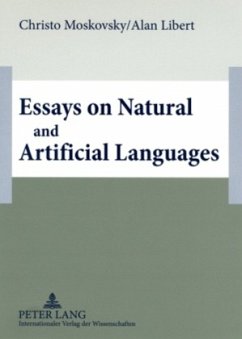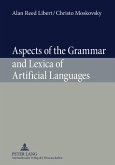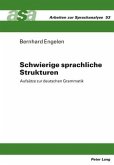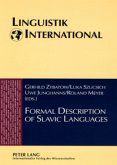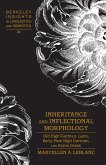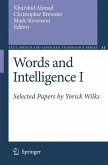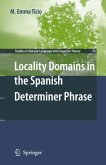What is the optimal design for an artificial language? This book explores this question at both a 'macro' and a 'micro' level. An introductory essay presents some fundamental considerations in relation to what the design of an artificial language should be like. The essays that follow examine several basic components of grammar in natural and artificial languages, namely passive, relative, and interrogative constructions, reflexive pronouns, and articles. Drawing data from typologically distinct natural languages, these essays provide a description of the forms and functions that these components can have, and then their counterparts in artificial languages are presented. The artificial languages discussed include Arulo, aUI, the Blue Language, Esperanto, Eurolengo, Hom-idyomo, and Interlingua. The book offers some ideas about how these components of grammar can be integrated in the design of an artificial language.

